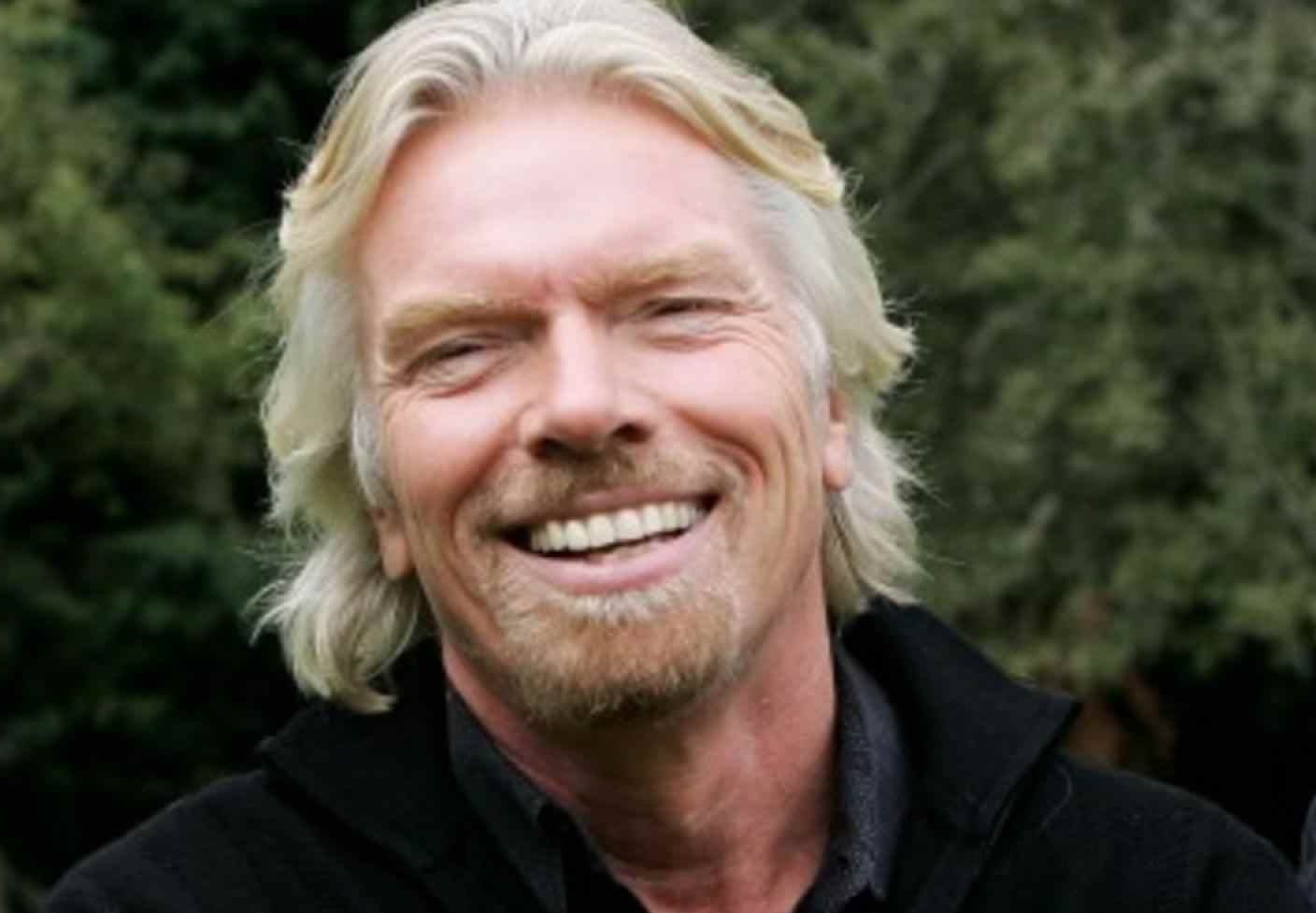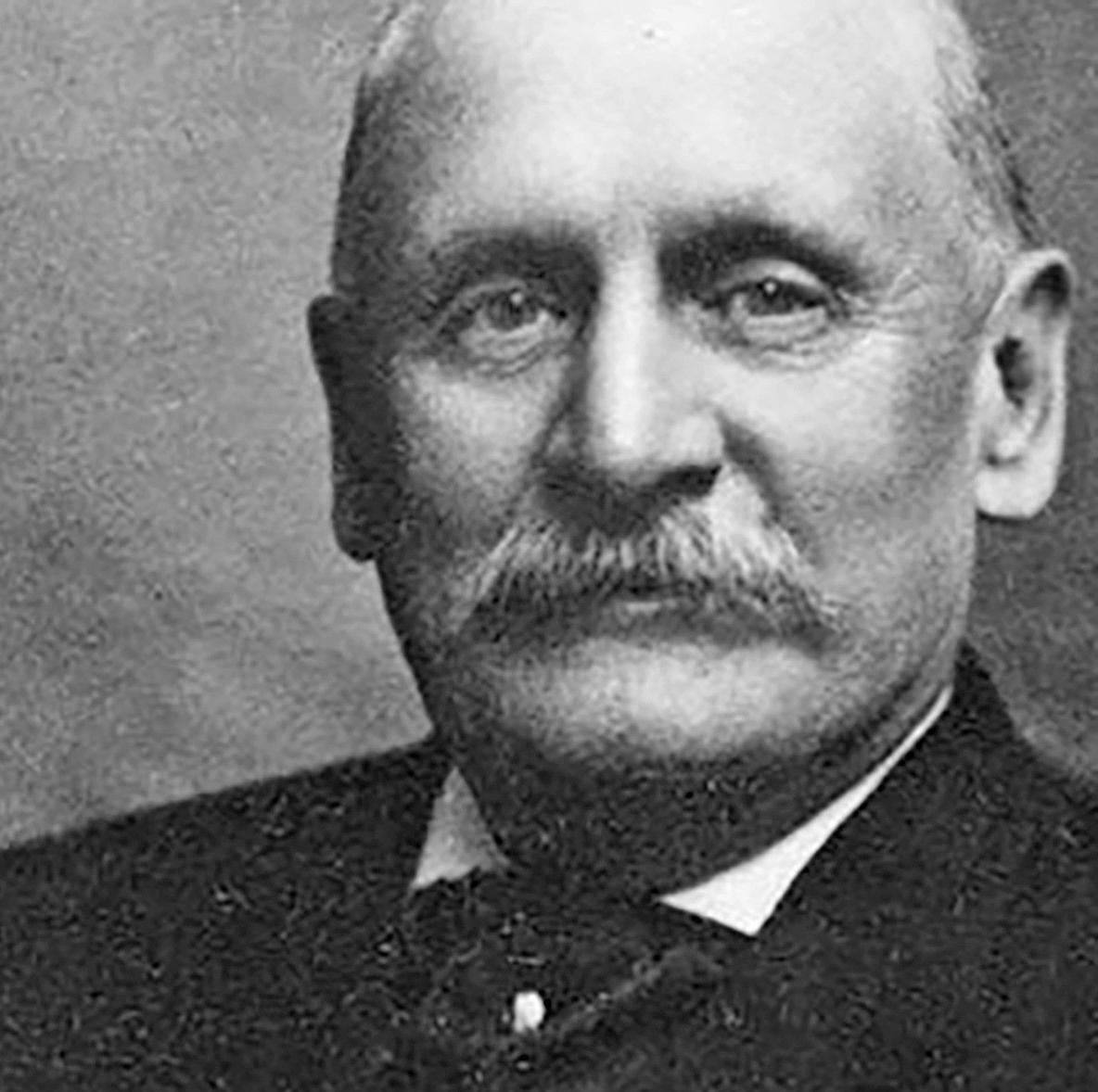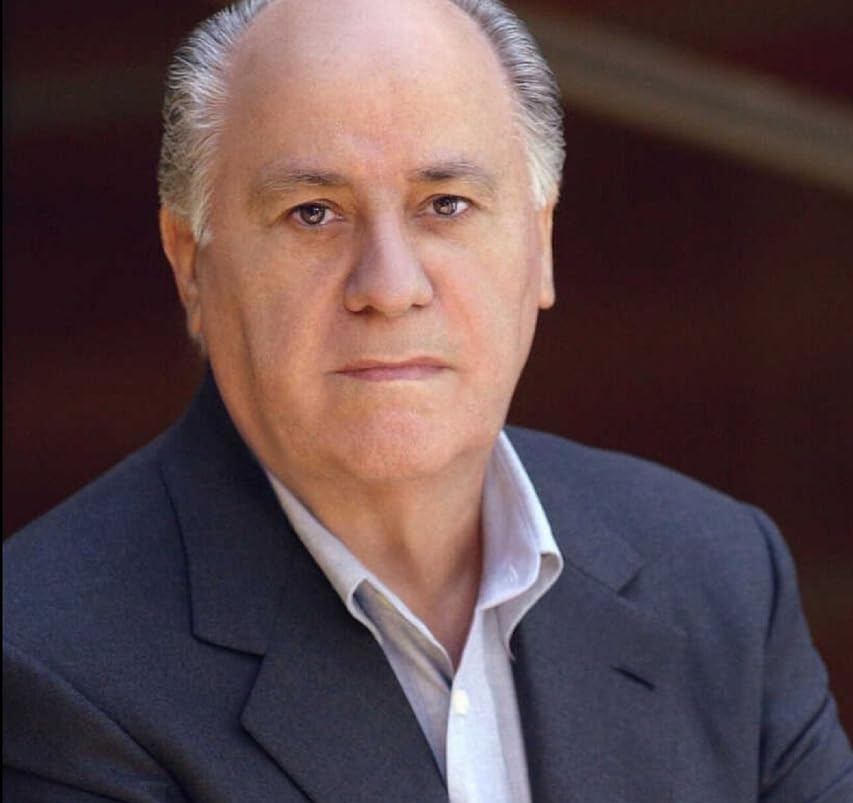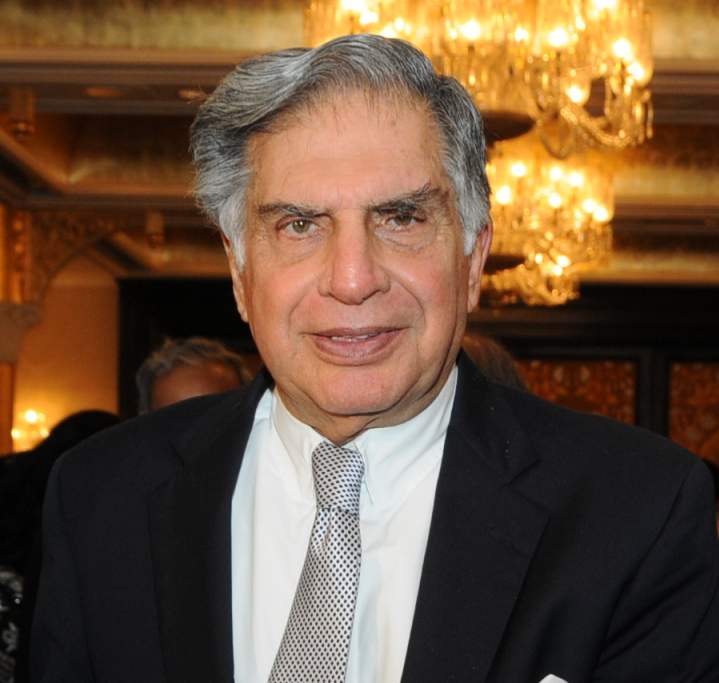Case Study: The Success Stories of Lee Kuan Yew
Lee Kuan Yew, Singapore’s first Prime Minister and often regarded as the nation’s founding father, is widely considered one of the most influential political leaders of the 20th century. Under his leadership, Singapore transformed from a small, underdeveloped port city into a global financial hub, with an exemplary economy, efficient governance, and high standards of living. This case study examines the success stories of Lee Kuan Yew’s leadership, exploring the key policies and strategies he implemented, the challenges he overcame, and the legacy he left behind.
Early Challenges and Visionary Leadership
When Lee Kuan Yew became the first Prime Minister of Singapore in 1959, the island faced significant challenges. It had limited natural resources, a small landmass, ethnic tensions between the Malay, Chinese, and Indian communities, and no real industrial base. Singapore was also vulnerable to the geopolitical instability of Southeast Asia, with tensions arising from its separation from Malaysia in 1965.
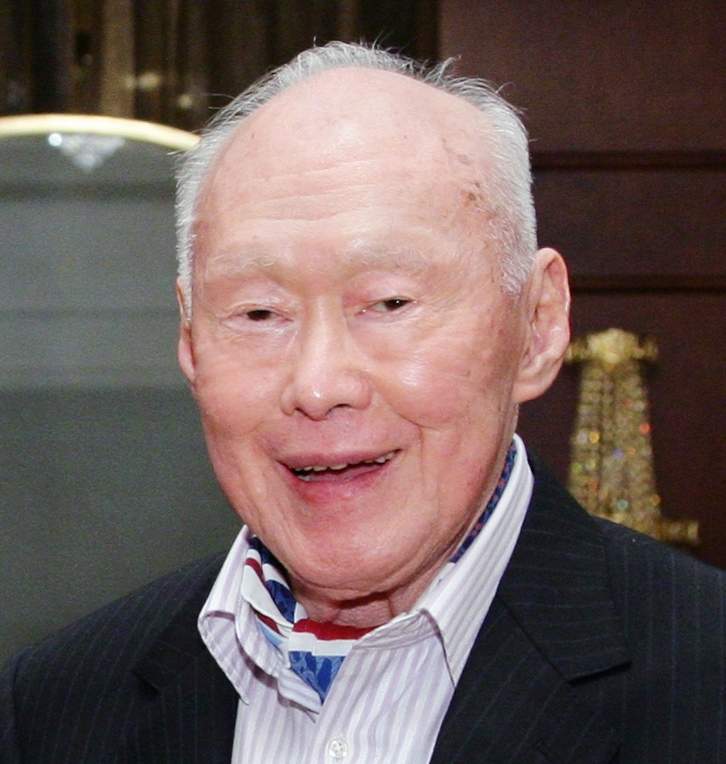
Lee’s vision was clear: he sought to build a self-sustaining, economically prosperous, and socially cohesive Singapore. He believed in the importance of a strong, centralized government, disciplined public service, and a meritocratic society. Lee’s leadership was characterized by pragmatism, with a focus on results rather than ideology. He was deeply influenced by his education at Cambridge University and his observation of governance in the West, especially in the United Kingdom and the United States. However, Lee’s policies also drew inspiration from successful governance models in Asia, particularly in Hong Kong and Japan.
Economic Transformation: From Third-World to First
One of the most remarkable success stories of Lee Kuan Yew’s leadership was Singapore’s economic transformation. In the early years of independence, Singapore had limited resources and few industries. Lee recognized that Singapore’s survival depended on becoming an economic powerhouse, and he turned to foreign investment, trade, and industrialization as key drivers of growth.
Lee’s government focused on creating an attractive environment for foreign investors by ensuring political stability, low taxes, and a corruption-free environment. The establishment of the Economic Development Board (EDB) in 1961 played a crucial role in attracting multinational corporations (MNCs) to set up operations in Singapore. These investments helped diversify the economy, creating jobs, raising wages, and improving the country’s infrastructure. At the same time, Lee ensured that the state played a key role in guiding the economy through strategic planning and the development of state-owned enterprises.
A major breakthrough came in the 1970s when Singapore became a global manufacturing hub. The country developed a competitive edge in electronics, shipbuilding, and petrochemicals, largely due to its robust infrastructure, skilled labor force, and business-friendly policies. By the 1990s, Singapore had transformed into one of the world’s leading financial centers, boasting a highly developed banking sector, a bustling stock exchange, and a globally competitive economy.
Social Policies: Nation-Building and Cohesion
While economic growth was central to Singapore’s success, Lee Kuan Yew also focused on building a cohesive society. Singapore’s ethnic diversity posed a challenge to national unity, but Lee’s policies emphasized meritocracy, racial harmony, and social integration. He introduced measures to ensure equal opportunities for all Singaporeans, regardless of their ethnicity, and worked to eliminate discrimination and inequality.
One of the key social policies implemented under Lee’s leadership was the Housing Development Board (HDB), which provided affordable public housing to the majority of Singaporeans. By the 1980s, over 80% of the population lived in HDB flats, which not only addressed the housing shortage but also promoted social integration by creating multi-racial communities. The HDB’s success became a symbol of Singapore’s commitment to providing quality living standards for all citizens.
Lee also focused on education as a means of fostering social mobility. Under his leadership, Singapore’s education system was overhauled to focus on technical skills, innovation, and bilingualism. The emphasis on English as the working language and on nurturing science and technology was a key factor in Singapore’s development as a knowledge-based economy.
Governance and Anti-Corruption
Perhaps one of Lee Kuan Yew’s most enduring legacies was his commitment to efficient governance and the fight against corruption. When Lee assumed power, Singapore’s public sector was plagued by corruption and inefficiency. Lee’s government took a hardline stance against corruption, instituting tough anti-corruption measures and creating the Corrupt Practices Investigation Bureau (CPIB). Public officials were held to the highest standards of integrity, and those found guilty of corruption were prosecuted without exception.
Under Lee’s leadership, Singapore developed one of the least corrupt and most efficient public sectors in the world. His government’s ability to deliver high-quality public services—ranging from health care to transportation—was key to Singapore’s success.
Legacy and Global Impact
Lee Kuan Yew’s leadership has left a profound and lasting impact not only on Singapore but on the world. His model of governance—characterized by strong leadership, pragmatic policies, and a focus on long-term national interests—has been studied by political leaders globally. Lee’s emphasis on meritocracy, rule of law, and social harmony continues to serve as a model for emerging economies.
In conclusion, Lee Kuan Yew’s success story is one of visionary leadership, transformation, and resilience. Through his focus on economic development, social harmony, efficient governance, and anti-corruption measures, he turned Singapore into a prosperous and stable nation. His legacy as a transformative leader and statesman continues to inspire policymakers around the world.
Read more such case studies: Richard Branson: From Failed education to the Stars with Virgin Galactic


